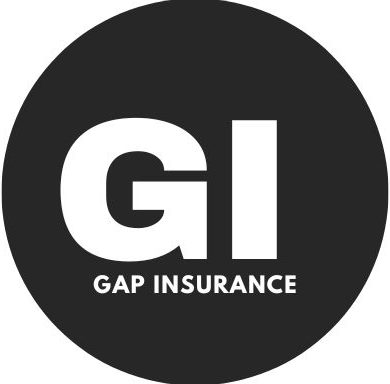Understanding the Agency Problem: Conflicts of Interest in Finance and Business
The agency problem is a fundamental issue in corporate finance that arises when there is a conflict of interest between the management (agents) and the shareholders (principals) of a company. This conflict can have far-reaching implications on business operations, financial decisions, and ultimately, the performance of the firm. In this article, we will delve into the details of the agency problem, its causes, implications, examples from various sectors, and strategies to resolve it.
- How to Become an Accredited Investor: Eligibility Criteria and Benefits
- How Cash Balance Pension Plans Work: Benefits, Contributions, and Tax Advantages
- Mastering Batch Processing: Efficiency and Cost Savings in Finance, Business, and Investment
- 3(c)(7) Exemption: A Comprehensive Guide to Qualifications and Benefits for Private Investment Funds
- How the Average Cost Method Simplifies Inventory Valuation and Boosts Financial Accuracy
What is the Agency Problem?
The agency problem occurs when managers (agents) prioritize their own interests over those of the shareholders (principals). This conflict arises because managers may not always act in the best interest of the shareholders due to differing goals and incentives. For instance, managers might take on high-risk projects to boost short-term profits and enhance their bonuses, even if these projects are not in the long-term interest of the company. Similarly, they might over-consume perks or resist takeover offers that could benefit shareholders but reduce their own power and compensation.
Bạn đang xem: Understanding the Agency Problem: Conflicts of Interest in Finance and Business
Causes of Agency Problems
Several key factors contribute to the emergence of agency problems:
Differing Interests
Managers and shareholders often have different goals. Managers may focus on short-term gains to secure immediate benefits such as bonuses or promotions, while shareholders are typically interested in long-term growth and profitability.
Information Asymmetry
Managers have access to more detailed information about the company’s operations than shareholders do. This information gap can lead to decisions that favor managers’ interests rather than those of the shareholders.
Risk Aversion
Managers may be more risk-averse than shareholders because their personal careers and compensation are directly tied to the company’s performance. This risk aversion can result in conservative decision-making that might not maximize shareholder value.
Implications of Agency Problems
Xem thêm : How Cash on Delivery (COD) Works: Benefits, Risks, and Best Practices for Businesses
Agency problems can impact various aspects of business operations:
Investment Decisions
Managers might reject profitable long-term projects if they believe these projects will not yield immediate returns that can enhance their short-term performance metrics.
Financing Decisions and Capital Structure
The preference for debt over equity financing can be influenced by managerial interests. For example, managers might prefer debt financing because it allows them to maintain control and avoid dilution of their stock options.
Dividend Policies
Executives may choose to reinvest profits rather than distribute dividends to shareholders. While this could be beneficial for long-term growth, it also allows managers to retain control over larger funds.
The broader implications include reduced firm performance, poor governance, and strained stakeholder relationships.
Examples of Agency Problems in Different Sectors
Agency problems are not limited to corporate settings but can be observed in various sectors:
Non-Profit Organizations
Conflicts can arise between donors and management when managers prioritize their own interests or those of the organization’s staff over the mission and goals set by donors.
Insurance Companies
Policyholders may face conflicts with management if executives prioritize profit margins over providing adequate coverage or fair claims processing.
Corporate Scandals
The Enron scandal and Bernie Madoff’s Ponzi scheme are stark examples of unchecked agency problems leading to severe consequences for investors and stakeholders.
Resolution of Agency Problems
To mitigate agency problems, several strategies can be employed:
Information Asymmetry
Regular audits and detailed managerial reports can enhance transparency and reduce the information gap between managers and shareholders.
Aligning Interests
Using managerial incentives such as stock options or performance-based bonuses can align managers’ interests with those of the shareholders. Adjusting the composition of the board of directors to include more independent members can also help.
Oversight Mechanisms
Regulatory bodies and internal controls play a crucial role in ensuring that managerial actions align with shareholder interests. Strong corporate governance practices are essential in this regard.
Advanced Topics and Solutions
Agency Costs
Agency costs include monitoring costs (the cost of overseeing managerial actions), bonding costs (the cost of ensuring managers act in shareholders’ interests), and residual losses (the loss in value due to unresolved conflicts).
Principal-Agent Model
This model provides a framework for understanding the relationship between principals (shareholders) and agents (managers). It highlights the importance of contractual obligations and negotiation procedures in aligning interests.
Nguồn: https://gapinsurance.click
Danh mục: Blog




